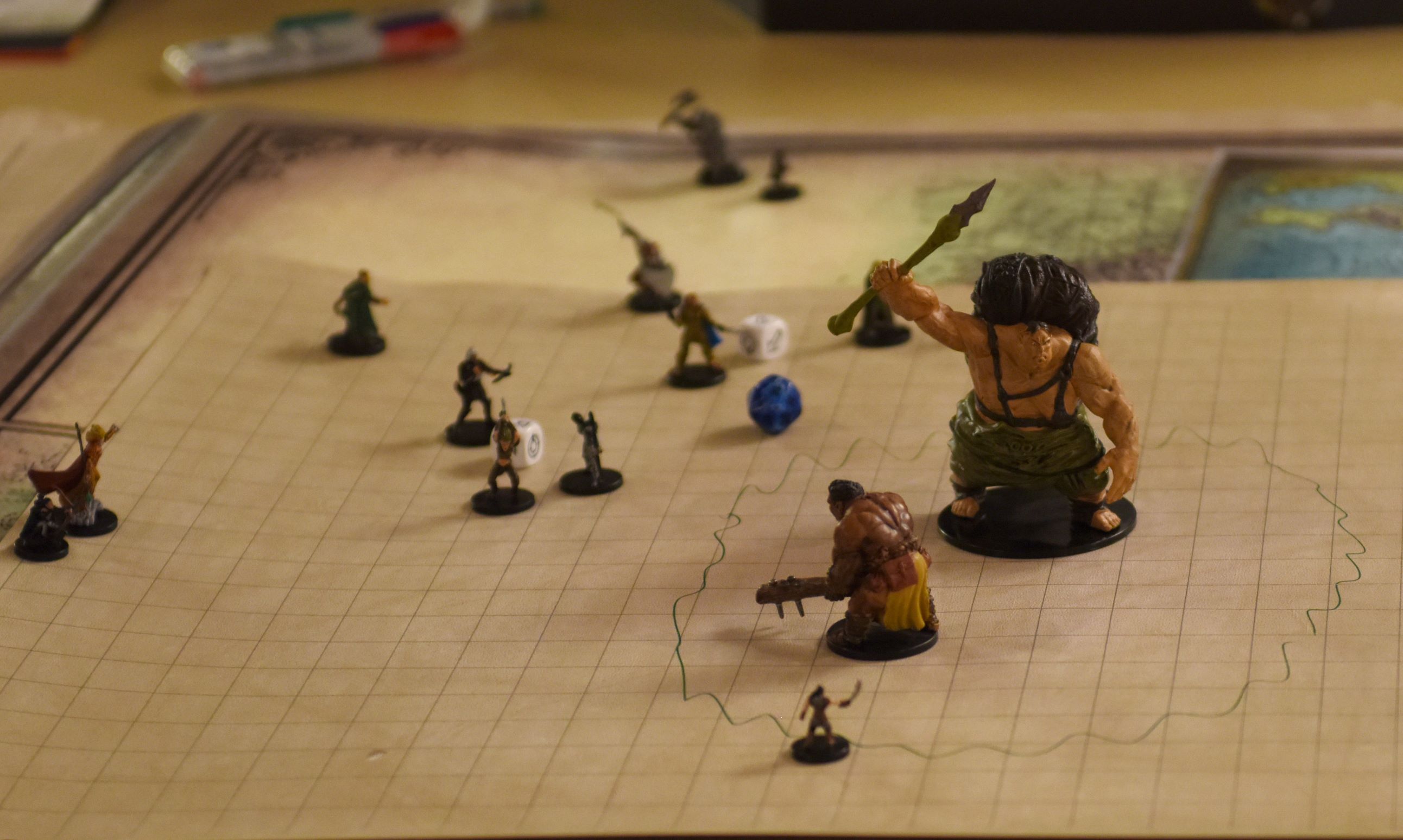Almost every established roleplaying group is going to have a long history of beloved and hated characters, inside jokes, and memorable set pieces. Today we talk about bringing a newcomer into the group and pacing the speed at which they’re introduced to lore.
Dear DovahQueen: We have recently added a new player to our group she is new to roleplaying, but really enthusiastic. We were playing some fun filler games taking a break from long campaigns when she joined, but are about to start a new campaign. My group has been together for 10 years and our campaigns are all tied together, and have a weight of history nostalgia to it. In addition we tend to have very high concept ideas for characters and backstory (usually tied in our previous campaigns meta). Members of my group take this canon and group lore very seriously, but I am terrified it will be overwhelming for a new member, let alone a new gamer, what is the best way to introduce this to our new member? What are possible ways to talk to my other members about my fears regarding our new addition?–Kind of Like Willy Wonka, but Less Terrifying
Dear Lord Wonk: It takes at least a few points in Wisdom to recognize that while your wealth of backstory is a boon that enriches the game, it also could make a newcomer feel overwhelmed. Having a plan for introduction should go a long way to helping keep your new player interested in the game rather than frustrated. It feels to me like your situation is really more of a lore balancing act than anything else. For example, with the rich and wonderful setting that you and your group has cultivated, it would be a disservice to all involved if you were to water that down. At the same time though, you’re right that hitting her with it like a firehose probably isn’t going to do a lot for retention. While at first, this balance sounds like a difficulty to be overcome, but let me suggest that instead, this is a golden opportunity. Your group has been establishing its world and culture for so long that there’s a near-endless supply of lore to be discovered and enjoyed. Bringing in this fresh-faced player with little to no knowledge of the setting is really a chance for the group to re-experience the rich and vibrant setting all over again through her vicariously. You do still need to find that balance, but I’ve got a few ideas to help with that.
Consider how movies, book, and games that you’ve enjoyed with the richest stories and most established lores have handled pacing. Look at Lord of the Rings from the eyes of someone who’s never seen or read it before. In the very beginning, they’re going to see who the main characters are, they *might* learn a little bit about them, they’ll know the most basic premise for the adventure, and not much more than that. The rest of the story is spent slowly introducing other aspects of the world and its history. Some of the lore is only ever hinted at, and that’s ok. If I were in your shoes, I’d consider this kind of introduction to the world.
As the GM, work hand-in-hand with her through character creation so she too can build a character that very much feels at home in the setting. I like to talk new players through their first characters without ever speaking on the rules. I find that they tend to make more interesting characters that are more conducive to roleplaying when they don’t know what classes or feats are. Have her generate a rough concept: who is she, what’s unique about her, history, relations, etc… Then, help her fill in the details with pieces of your established lore. “Ok, so you might want your character to be from a military family? Your character could be from the snowy mountain city, Grovel. It’s run by barely cooperative merchant houses, but has a lot of pride in its reputation since the best weapons and soldiers in the Empire are all Grovelian. Let’s take a look at the fighter and ranger classes to see which one you feel might fit your character better.” I think this way, she’s getting as much info as she needs up front without trying to dump the names of all seven city-states on her immediately. The rest, she can experience as it comes up in the story.
A more recent example that I thought handled pacing well is the newest God of War game. When you start out in it, you know the names of the characters and that they need to do a thing. That’s it. Throughout the course of the story, you slowly unravel more and more layers of lore only to discover more and more questions. It’s okay that the player doesn’t know everything upfront because it makes the discovery exponentially more entertaining.
In this situation, I feel like it would probably be best if the GM was the sole arbiter of knowledge to your new player. Sure, everyone involved has a lot to add after co-creating the story for more than a decade, but you know what they say about too many cooks and the quality of the resulting broth. I would encourage the other members to save the explanations for the GM unless requested to chime in. Sitting on your thumbs and biting your tongue isn’t much fun, but “smugly knowing not to trust Swindle Crix while watching the new girl buy into his antics cause she has no idea who this dashing rogue is” must come with some level of entertainment.
While it may be hard not to explain all of the rich and amazing lore immediately, try to enjoy the fact that it’s her first time experiencing it. Go slow, introduce only as much as is needed at the moment, and be actively aware of how much knowledge it flowing directly at her. Most folks can catch a baseball. Most folks can not catch one hundred baseballs in a sack.
You can request RPG advice or send your questions by email to deardovahqueen@gmail.com or on Facebook.







This is good advice top to bottom!